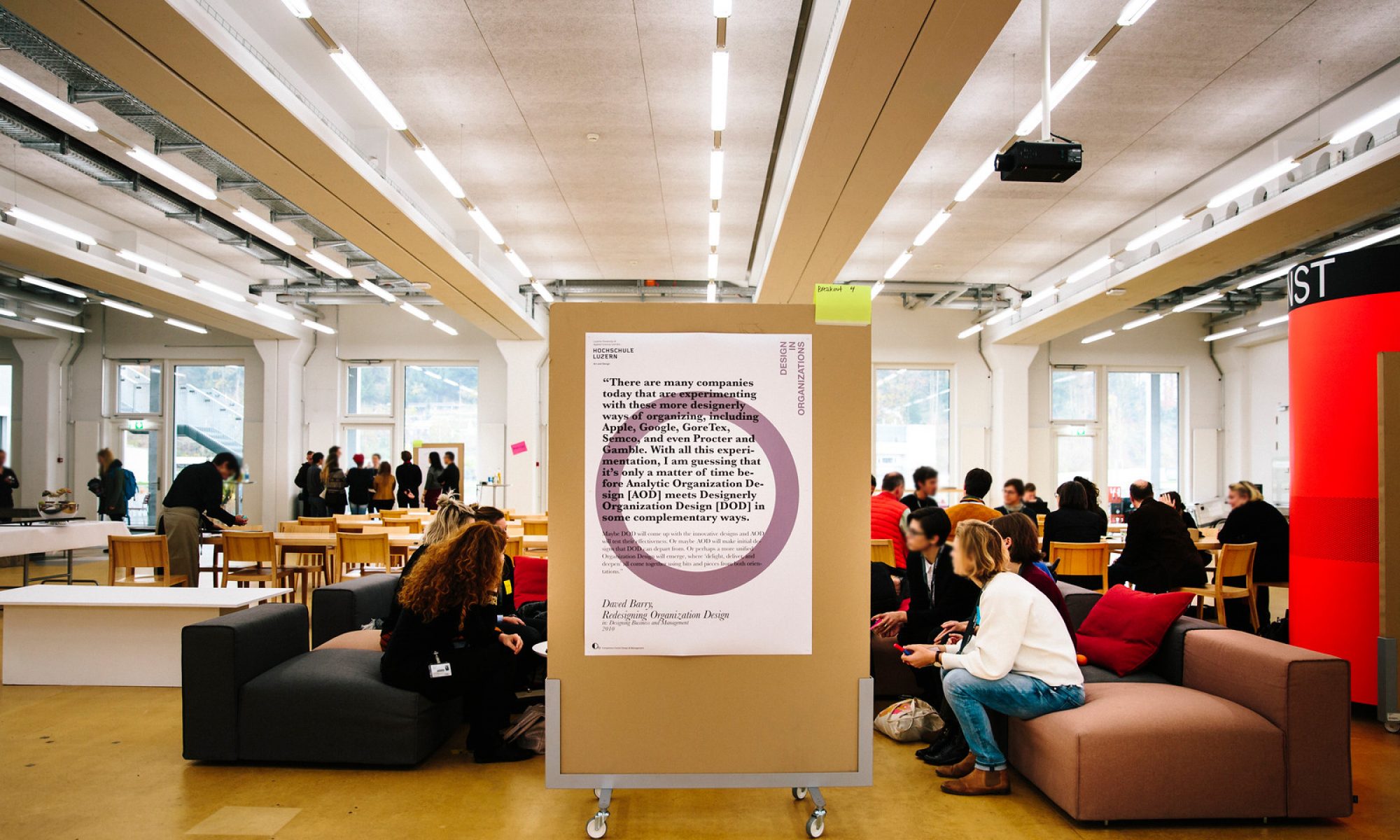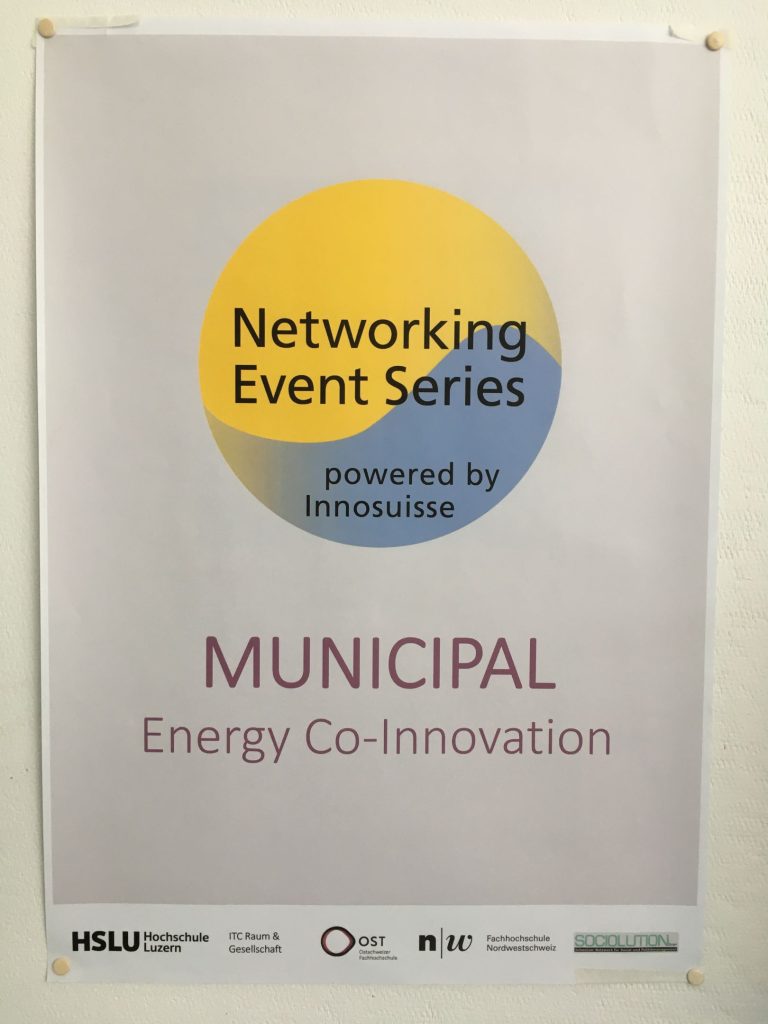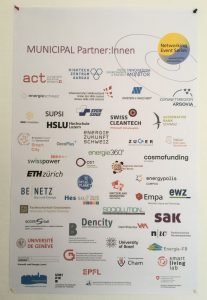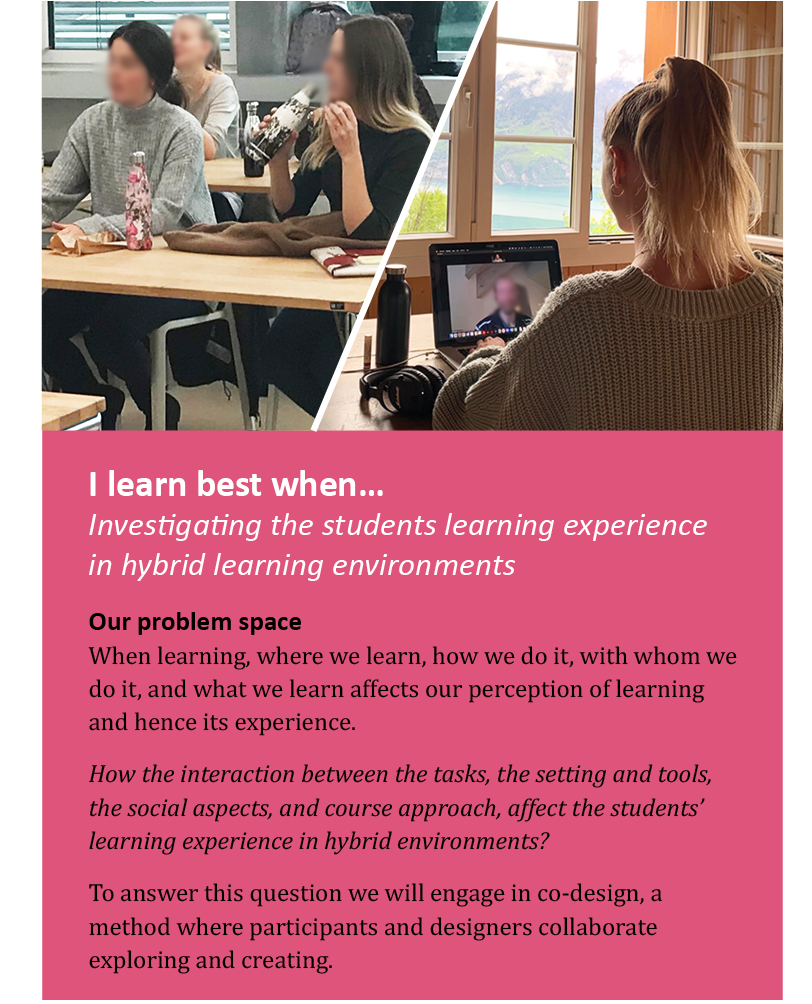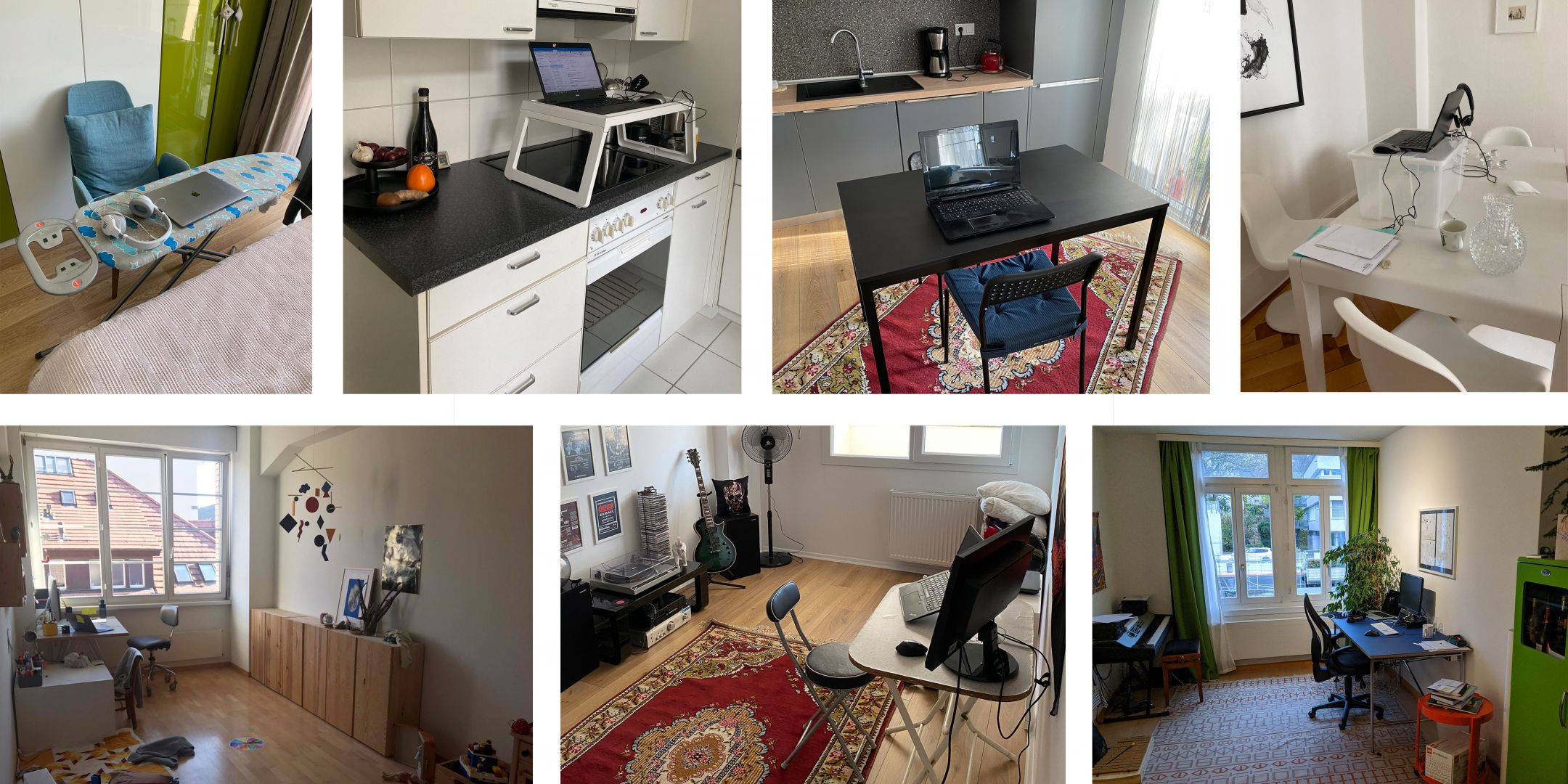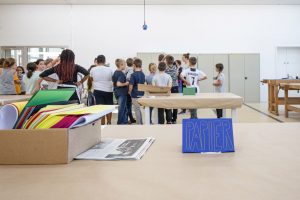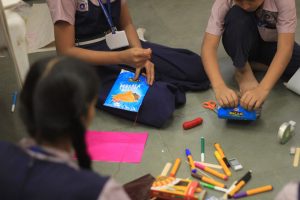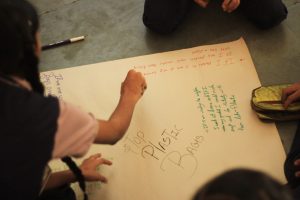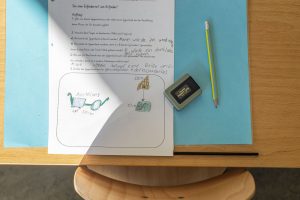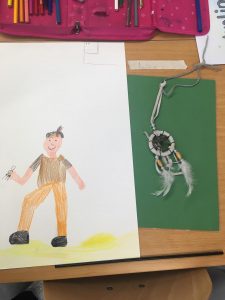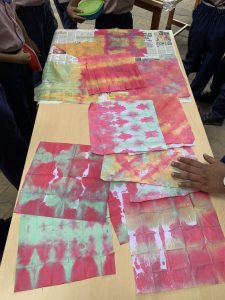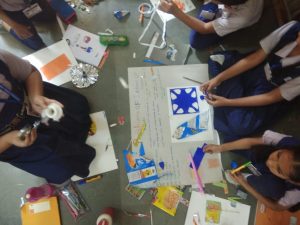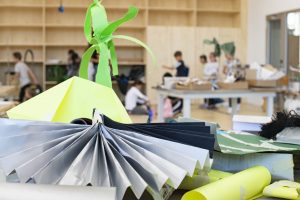Anura-League: The Mobile Game turning Gen-Z into Nature Freaks
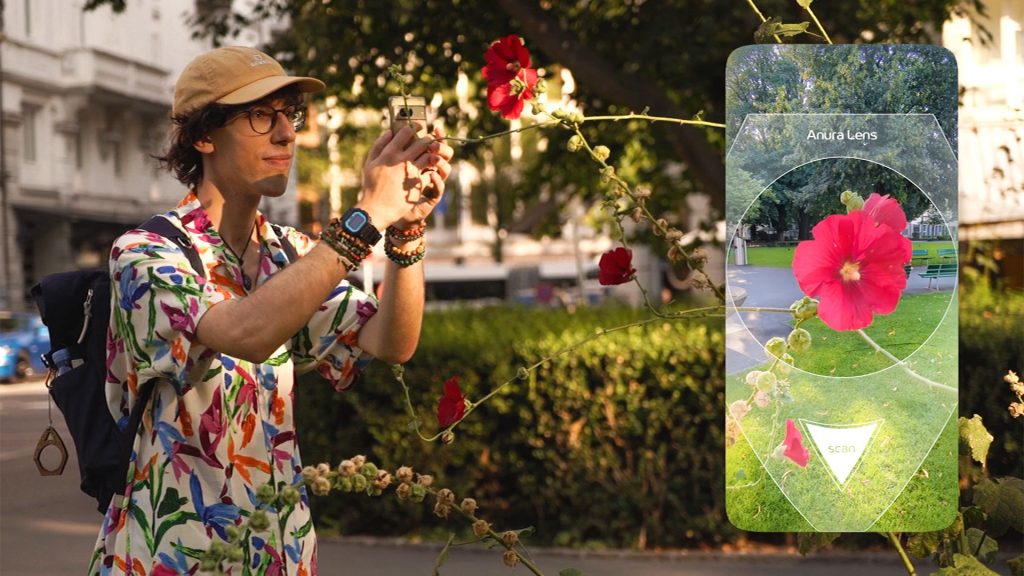
Overview: Biodiversity is declining at an alarming pace, yet few people seem to be fully aware or concerned. What we need are citizens who are deeply passionate about nature and dedicated to its preservation. Only those with a strong emotional connection to nature will be motivated to protect it.
Engaging young people with nature in a playful way is a great way to organically deepen our bond with biodiversity. Anura-League, a location-based adventure game combined with collectible card game elements, seamlessly integrates the real-life nature around players into its game mechanics. To advance in the game, players must venture outdoors and search for species using AI image recognition. They will collect local species, create digital trading cards, and compete with their friends. Additionally, Anura-League empowers players to enhance the biodiversity of their own balconies or gardens. It not only motivates but also aids them in taking care of their plants through gamification elements. Targeting Generation Z, particularly 12 to 19-year-olds living in urban areas who are not yet invested in biodiversity, Anura-League aims to turn this tech-savvy generation into passionate advocates for nature conservation.
Methodology: The team follows a co-creation approach, collaborating with experts in environmental protection, environmental education, game design, and, of course, representatives from the target user group. Several workshops have already been conducted to ensure that the game not only achieves our ecological sustainability goals but is also enjoyable to play.
Status: The project is currently focused on the development of the first game prototype, the creation of rules for the collectible card game, and the testing of these components.
Team: Sandro Ulrich (lead) – Product Development, BSc in Landscape Architecture, MA in Digital Ideation || Mauro Gwerder – Software Architecture, MSc in Bioinformatics & Computational Biology, PhD in Biomedical Engineering || Keegan Jornot – Business Development, MSc in Mechanical Engineering, Consultant || Fabio Ulrich – Interaction Design, Polygraf EFZ, BA in Digital Ideation |
Duration: 01 January 2025 – Summer 2026
Support: The project is mainly funded by the First Ventures program of the Gebert Rüf Stiftung. In addition, it is supported by HSLU Smart-up, the Pädagogische Hochschule Luzern, ZHAW Institute of Natural Resource Sciences, and Grün Stadt Zürich.
Accelerating the pursuit of the SDGs in Swiss design education: Design Action Labs
Overview: To accelerate action towards pursuing the SDGs, this project proposes the creation of Design Action Labs (DALs) to explore real-life classroom approaches, pedagogical innovations and interventions taking place in Swiss design schools to advance the transition towards clean energy, to promote access to quality education, sustainable cities and responsible consumption and production, among other SDGs. DALs help coordinate efforts, consolidate knowledge, and provide a platform to discuss design programmes’ contribution towards the SDGs’ implementation. The achievement of the SDGs depends on people’s capacity to come together and collectively explore what is possible to accelerate current action. The proposed DALs will allow us to observe how Swiss design programmes are helping the local communities.
The research team argues that
a) the planetary boundaries and the changes that our natural environment is facing force us to review and change our ways of knowing and acting, hence the need to investigate current design education; and
b) our participation and interaction with diverse disciplinary and interdisciplinary environments might result in learning, and affect our acting in the world.
If we need to place life at the center of our actions and face the challenge of defining the humans we need to continue existing, then what is our next step in design education? The project explores the future potential of the present moment through DALs.
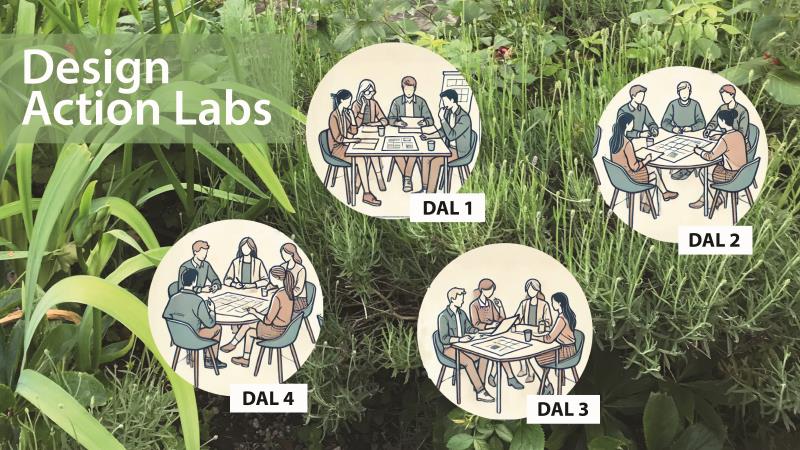
Methodology: Five research questions are investigated using Research through Design and Participatory Action Research approaches. The project applies design methods to guide inquiry and action. We employ cultural probes, scenarios, maps, and exhibitions, complemented by semi-structured participant interviews and journaling. We use the Three Horizons method to identify opportunities for action, to reduce the risk of biases, and to help the Design Action Labs critically discuss what can be implemented in practice.
Expected Outcomes:
– Identify how Swiss design programmes are helping local communities to pursue the SDGs.
– Inform where the potential is to accelerate SDGs adoption.
– Potentially improve teachers’ confidence in their pedagogical approaches by learning how international design programmes help their local communities to pursue the SDGs.
– Provide findings to enhance the current evidence for design teaching practices helping to achieve the SDGs and to ensure that the community of practice formed at the end of this project stays connected and continues learning.
The impact might go beyond the collaborative learning approach of Design Action Labs, which could be a model for other disciplinary educational fields.
Team: Dr. Guillermina Noël (Lead, PI), Dr. Aysun Aytaç, Dr. David Loher
Duration: 01 November 2024 – 31 October 2028
Support: The project is funded by the Swiss National Science Foundation SNSF Project Funding scheme.
How can we promote diversity on foundation boards? VoDiS -Voraussetzungen für Diversität in Stiftungsräten

Overview: Foundation boards in Central Switzerland are characterised by a homogeneity that often borders on nepotism. Diversity is required, but progress is slow. This is where the Vodis acquisition project comes in, aiming to identify factors that promote and hinder greater diversity as well as measures that foundations can take to promote diversity on their boards.
Approach: The research team draws its findings from a participatory design thinking workshop with members of foundation boards that promote art and culture in Switzerland. In addition to online and literature research they learn from qualitative interviews with experts on diversity in the foundation landscape. The results will serve as the basis for a third-party-funded research project in which the transformation of foundation boards in operating and grant-making foundations will be further analysed and supported.
Team: Dr. Kaisa Ruoranen, from HSLU School of Business, is leading the project, which is being carried out in collaboration with Dagmar Steffen, Isabelle Dechamps and Marina Belobrovaja from the HSLU School of Design, Film and Art.
Duration: 01 September 2024 – 31 August 2025
Support: The project is funded by the Interdisziplinären Netzwerke (IDN) of the Lucerne University of Applied Sciences and Arts (HSLU).
Findings: Please see the project website.
Collaborative Exploration in Eco-Social Design: Fostering Cross-Cultural Insights (XPLORE-ESD)
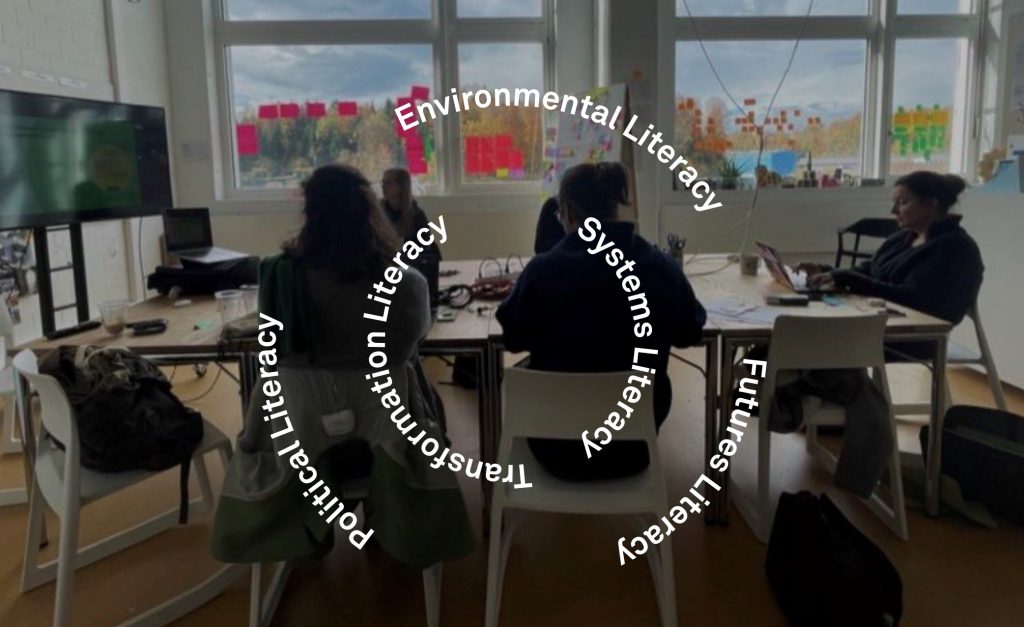
Overview: Despite substantial differences in cultural, ecological, and socio-economic landscapes, National Institute of Design (NID) and Lucerne University of Applied Sciences and Arts (HSLU) share a commitment to developing BA, MA, and PhD programs dedicated to Eco-Social Design. These initiatives seek to re-contextualize design education by prioritizing fostering interconnectedness, communal well-being, sustainable resource management, and adaptive futures. The project leverages the robust 15-year academic partnership and draws on experiences from the joint PhD program, ‘Eco-Social Innovation by Design’ (swissuniversities, 2022-2024). With this project, the team expands the successful collaboration focused on academic research and post-graduate education into Bachelor’s and Master’s curricula and teaching frameworks at both NID and HSLU.
Over one year, the collaboration between two institutions centers on a key research question: What eco-social literacies are essential for effectively guiding design students through today’s complex crises? This inquiry aims to jointly create a “Literacies Framework” as a guideline and a reflective tool for designing curricula focusing on eco-social transformation. To achieve this, the team will thoroughly analyze and compare conceptual models, teaching frameworks, and educational practices influencing bachelor’s and master’s education in specific design programs at both collaborating institutions.
Approach: The project’s approach involves synthesizing these insights, enhancing them with a cross-cultural analysis of best practices, and further examining our findings and assumptions through joint-teaching sessions. As an outcome, the jointly developed Literacies Framework will inform teaching methodologies and serve as a cornerstone for future research collaborations and dissemination activities.
Team: Andreas Unteidig (co-lead), Karin Fink (co-lead), National Institute of Design (NID)
Duration: 01 September 2024 – 31 August 2025
Support: The project is funded within the Swiss Bilateral Science and Technology Programme with South Asia and Iran. Since 2017, ZHAW Zurich University of Applied Sciences has been mandated by the State Secretariat for Education, Research and Innovation (SERI) as the Leading House for this programme.
Findings: Please see the project website.
Eco-Social Design for Urban Sustainability Transitions

Overview: Cities generate over 80% of global GDP, with nearly 70% of the population projected to reside in urban areas by 2050. Urban sustainability is a critical challenge involving demographic, technological, economic, social, and environmental transitions. These transitions aim to create resilient, fair, and habitable cities while reducing greenhouse gas emissions and environmental impacts. Achieving urban sustainability necessitates new practices, knowledge exchange, and mindset shifts, which lead to changes in socio-technical-ecological systems and the emergence of “new patterns of interactions and outcomes” that enable effective responses to current crises.
Eco-social innovation (ESI), integrating inter- and transdisciplinary practices, offers a promising approach to urban sustainability transitions. Firmly rooted in sustainable innovation, ESI advances sustainable development goals by fostering systemic social-ecological transformations at various scales, amplifying existing social innovations, and promoting inter- and transdisciplinary relationships that empower people, often through social entrepreneurship or social experimentation.
Aim & Approach: With this project, the team will explore and map collaborations between local authorities and the social innovation ecosystem in Lucerne. By identifying key stakeholders and understanding their roles, theories of change, and collaboration-specific barriers and opportunities, the study aims to enhance our knowledge and network within social innovation activities, focusing on their potential and challenges in sustainable urban transitions.
The project serves as an acquisition initiative for the Horizon-WIDERA 2025 Twinning Bottom-Up proposal, which seeks to explore and build upon strategies for ESI across different cultural contexts. This will be achieved through research activities, case studies, and the development of teaching formats in Switzerland (HSLU), Türkiye (Dr. Serkan Bayraktaroglu – İstanbul University), and Italy (Prof. Kris Krois, Dr. Teresa Palmieri – Free University of Bozen-Bolzano).
Team: Aysun Aytaç (co-lead), Andreas Unteidig (co-lead), Beatrice Durrer Eggerschwiler
Duration: 01 September 2024 – 31 August 2025
Support: The project is funded by the Interdisziplinären Netzwerke (IDN) of the Lucerne University of Applied Sciences and Arts (HSLU).
Findings: Please see the project website.
INNOSUISSE TFV Networking Event Series MUNICIPAL
Overview: Energy transition in Switzerland is lagging behind expectation despite highly advanced technologies. To ensure energy transition, innovation in the energy sector must tackle complex multilevel and often controversial (wicked) issues. The International Energy Agency calls for a more systemic and collaborative approach to innovation and knowledge sharing. Municipalities act as mediators in the innovation process. They can promote energy innovation by involving all relevant actors at municipal level in a process of co-creation. The TFV-Networking Event Series ‘MUNICIPAL: Co-Creating Energy Innovation at Municipal Level Across Regions and Sectors’ provides municipalities across Switzerland with access to energy innovations.
Aim & Approach: After identifying stakeholders, issues and challenges in the Swiss regions, the team will employ a design approach to co-creation to enable stakeholders who otherwise compete to explore controversial issues together and to arrive at both innovative project ideas and a new capacity for working co-creatively on energy challenges.
Consequently, this series not only facilitates development of innovative energy solutions at municipal level, yet it connects relevant actors from groups including (among others) industry, R&D, policy makers, administrations, citizens and civil society in a multi-stakeholder-process to build an open-innovation community with focus on energy transition. The community is expanded step-wise across regions and sectors over the course of the series. This sets the stage for a Swiss energy transition with multiple benefits for the Swiss economy and society.
Team:
Project manager: Christoph Imboden
Project Co-Head: Ulrike Sturm
Project team: Justus Gallati, Sabine Junginger, Marco Kunz, Tanaka Mandy Mbavarira, Stefanie Müller
External members of project team: Ursula Dubois, Ruth Schmitt, Andreas Schneider
Duration: 01 December 2020 – 31 December 2024
Support: The project is funded by Innosuisse (HSLU as Main Research Partner) and the Interdisciplinary Clusters (IC) ‛Spatial Development and Social Cohesion’ of the Lucerne University of Applied Sciences and Arts (HSLU).
Findings: Please see the project website.
Redesigning Complaint System Local Government British Columbia

Overview: This EU Jean Monnet Project led by Tara Ney at the University of British Columbia, Canada seeks to develop a new approach for public managers and frontline staff in local government to address citizen complaints. HSLU Competence Centre Design & Management advises the project leaders on human-centered design principles and methods to achieve an outcome that is usable, useful, desirable and sustainable for the administrations and the citizens alike.
Team: Tara Ney (Project Manager), Sabine Junginger (Project Co-Head), Chris Gill (Project Co-Head), Andrew Posser (Project Co-Head), Jane Williams (Project Co-Head)
Duration: 01 January 2021 – 31 December 2023
Findings: Please see the project website.
Digital Transformation of the Municipality of Emmen (Canton Lucerne, Switzerland)
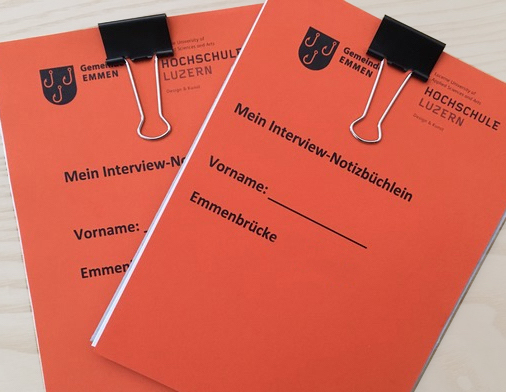
Overview: In 2020, the Competence Centre Design and Management was appointed the official partner in the digital transformation of the Municipality of Emmen. This collaboration has produced a number of projects and exchanges informed by our research. In this capacity we contributed to the 2020 Dreikönigsgesprach. Other examples include the course Advanced Design Topics where for 3 weeks, students in the Digital Ideation Programme at Hochschule Luzern (HSLU) developed concepts for making the Municipality of Emmen an attractive employer, and the ITC-UmUmUm research project. With the UmUmUm research project, we sought to capture the learnings and insights of the home office experiences of staff within the Municipality. Additionally, we continuously seek to engage the local public, as we did at the Future Forum Lucerne.
Creative bureaucracy, OECD OPSI, Design as Common Good, MUNICIPAL Project by HSLU (funded by Innosuisse), the last phase of the VA-PEPR project will address digitalization and AI in public services. This work also connects with HSLU Service Design Master’s Programme which addresses public services and public sector innovation.
Aim(s): Designing for the common good, strengthening institutions (SDG 16), business innovation (SDG 9)
Team: All team members of the Competence Centre Design and Management
Duration: 2020 – Ongoing
Collaborators: Municipality of Emmen, HSLU School of Art & Design, HSLU School of Engineering & Architecture, HSLU School of Computer Science, HSLU School of Business, HSLU School of Social Work, HSLU CreaLab, HSLU Service Design Master’s Programme, HSLU Design Management, International Bachelor’s Programme, HSLU Digital Ideation Bachelor’s Programme
Outcomes: https://hub.hslu.ch/informatik/zukunftsvisionen-fuer-emmen/
VA-PEPR: Voice Assistants – People, Experiences, Practices and Routines
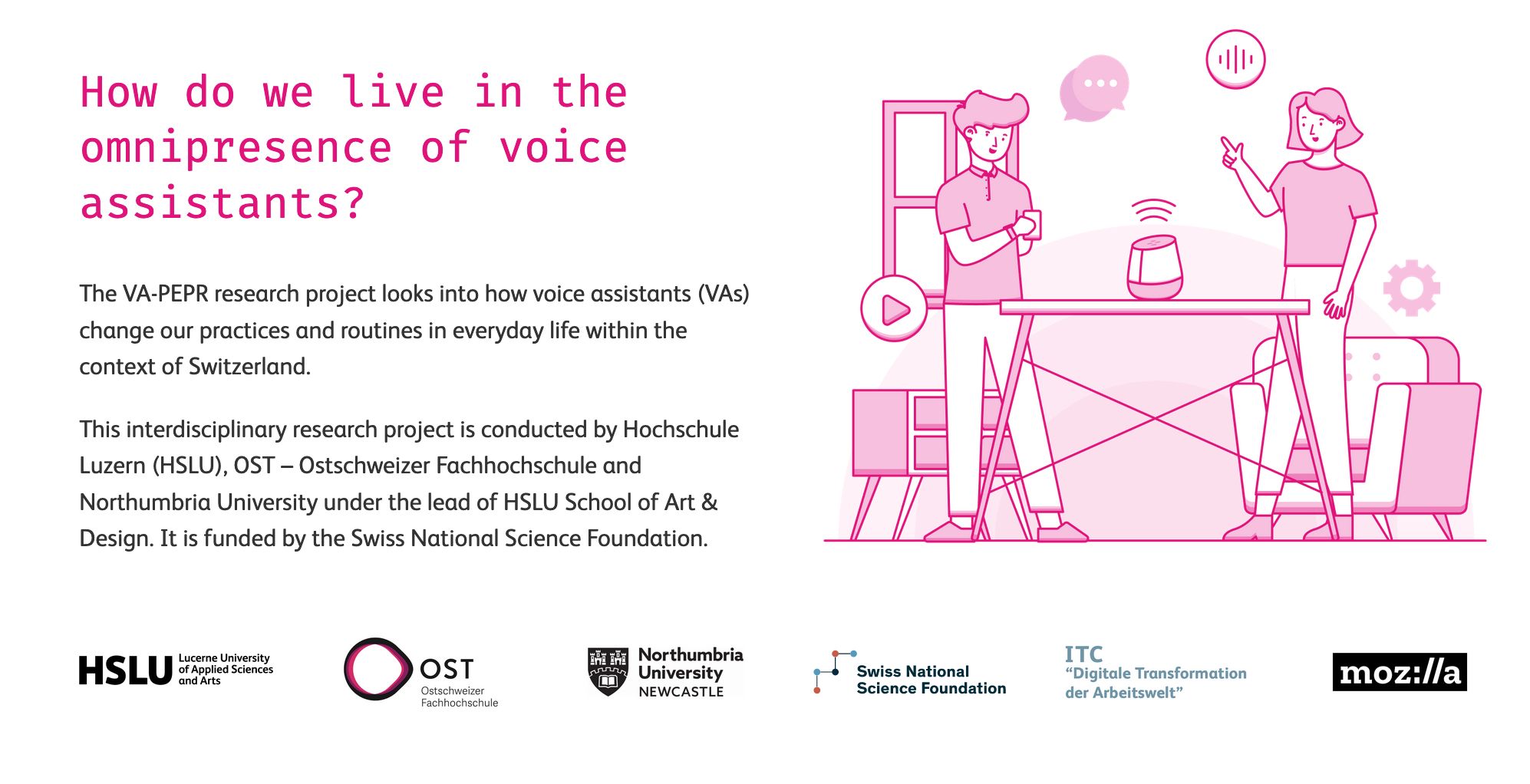 Companies like Amazon, Apple and Google have conquered our living rooms, bedrooms and offices via so-called intelligent loudspeakers like Amazon Alexa, Apple Siri or Google Nest. Everyday, more and more people start using the voice-controlled devices to play music, make searches or control smart home devices. Yet few are aware of the impact the Internet of Things has on their lives, which includes voice assistants (VAs). At the same time, many people are generally concerned that their privacy is threatened by increasing surveillance possibilities. The few surveys on the use of VAs in Switzerland have been carried out by consultants or technology companies and primarily look at the topic from a business perspective. Knowledge about the use of VAs in the home environment is largely lacking.
Companies like Amazon, Apple and Google have conquered our living rooms, bedrooms and offices via so-called intelligent loudspeakers like Amazon Alexa, Apple Siri or Google Nest. Everyday, more and more people start using the voice-controlled devices to play music, make searches or control smart home devices. Yet few are aware of the impact the Internet of Things has on their lives, which includes voice assistants (VAs). At the same time, many people are generally concerned that their privacy is threatened by increasing surveillance possibilities. The few surveys on the use of VAs in Switzerland have been carried out by consultants or technology companies and primarily look at the topic from a business perspective. Knowledge about the use of VAs in the home environment is largely lacking.
The VA-PEPR research project (Voice Assistants-People, Experiences, Practices and Routines) aims to raise awareness of the social, societal and ethical implications of VAs and to propose innovative design solutions. It aims to provide new insights into how people deal with the challenges posed by the increasing invasion of privacy by VAs. To this end, VA-PEPR investigates how these affect everyday patterns of action and routines as well as the interaction and social relationships between the members of a household. By focusing on the home environment, user experience and ethical issues, the project aims to contribute to a deeper understanding of this new technology.
Aim: The aims of the research are to generate novel insights into the emerging issues associated with VA use in Switzerland and beyond. It will advance the state of the art through its focus on the domestic set-up, user experience, and ethical issues. The scientific findings will be translated into guidance for users, developers, designers and service providers in business and industry.
Approach & Method: Mixed-method approach * Ethnographic study * Digital diary * Online semi-structured interviews * Network traffic analysis * Participant workshops * Relax-Concentrate-Create student household studies * Speculative design workshops
Team: The interdisciplinary four-year project is co-ordinated by Prof. Dr. Sabine Junginger (HSLU, School of Art and Design) and co-led by Prof. Dr. Ulrich Reimer (OST Eastern Switzerland University of Applied Sciences), Prof. Dr. Jens Meissner (HSLU, School of Business) and Dr. Jon Rogers (University of Northumbria). From Competence Centre Design & Management Dr. Aysun Aytac, Aurelio Todisco, Dr. Paola Pierri and Minh-Nguyet Le are contributing to the project (and Dr. Bettina Minder, the former member, until June 2022) . The large multi-disciplinary team consists of researchers with expertise in human-centred design, human-computer interaction, home automation, digital services, ambient assisted living, computer science, behavioural economics, socio-informatics, psychology, management & law, service design and innovation management.
Duration: 01 January 2020 – 31 March 2024
Support: The project is funded by the Swiss National Science Foundation Sinergia Programme. It is also conducted in cooperation with the Mozilla Foundation.
Findings: The results will be translated into guidelines and recommendations for the development, design and use of voice assistants. They will also provide information on questions of legal regulations. In collaboration with the Mozilla Foundation, the research team will continuously share and discuss its findings with an international community of experts. The news about the project can be followed via its website.
Cocreation Toolbox for interdisciplinarity
Overview: In the project «Cocreation Toolbox for Interdisciplinarity» we are investigating interdisciplinary team projects and generating knowledge bases about interdisciplinary collaboration in practice. We interview interdisciplinary mixed teams of HSLU students and commercial companies.
Multi-perspective approaches and the collaboration between different disciplines are often cited as the key to sustainable development and for the digital transformation. All too often, however, ambitious and well-founded initiatives fail to bring together different bodies of knowledge, views and approaches.
In the Bachelor’s programme «Digital Ideation», we have been cultivating and developing project-based collaboration in teams composed of computer science and design students since 2016. Our experience with this provides us with a wide range of practices and tacit knowledge, which are documented and explored in this project. In addition, we include extended courses offered by the Lucerne University of Applied Sciences and Arts, as well as corporate teams from the fields of innovation, new technologies and design, namely teams from the project partner Creaholic AG.

Aim & Approach: We want to find out how members of different disciplines communicate with each other and which methods of cooperation they agree on. We will explore the success factors that facilitate this collaboration and the obstacles that teams face in doing so. We are examining existing workshop- and facilitation formats for teams and developing them further with regard to interdisciplinary constellations.
The goal of the project is to gather insights from applied work in interdisciplinary team projects. We prepare these for future interdisciplinary initiatives and follow-up projects in the form of a toolbox usable for third parties
Team:
Project manager: Andres Wanner
Project Co-Head: Sabine Junginger, Guillermina Noël, Fernando Obieta, Aurelio Todisco
External member of project team: Christoph Frei
Duration: 01 July 2022 – 31 January 2023
Support: The project is funded by the Interdisciplinary Clusters (IC) ‛Digital Transformation of the Working World’ of the Lucerne University of Applied Sciences and Arts (HSLU).
Findings: Please see the project website.
analog_digital: Digitisation opportunities in mandatory presence formats in the teaching of design, music and engineering
Overview: This project explores whether and how teaching can be made digital which until now has been largely or completely and compulsorily tied to the presence of students and teaching staff in the workshops, studios, and practice rooms of the three university departments involved. Due to COVID-19 pandemic, in the recent semesters distant learning formats have been pushed and the university lecturers in all departments developed initial concepts for complete or partly digitisation of teaching content and practical exercises. Now the strengths and weaknesses of the various concepts and settings are analysed, and the teaching units will be further developed and documented.

Aim & Approach: The project aims at gaining knowledge about the opportunities and difficulties and to make practical improvements in distant learning in six modules (4 design modules, 1 engineering module and 1 music module). Special attention is paid to possible interdisciplinary transfer and synergies between the disciplines involved.
Team: The project is led by Dagmar Steffen in collaboration with Nika Spalinger, Marion Becella, Franziska Born and Tina Moor from Lucerne School of Art and Design; Simon Züst and Noël Heinz from Lucerne School of Engineering and Architecture, Marcel Vonesch and Urban Lienert from Lucerne School of Music, and Jonas Leysieffer from Lucerne School of Art and Design.
Duration: 01 July 2021 – 30 November 2022
Support: The project is funded by the ‘Strengthening digital skills in teaching’ P-8 programme of Swissuniversities which promotes the digitalization of university teaching.
Findings: Please see the project website.
I learn best when …: Investigating the students learning experience in hybrid learning environments
Overview: Covid-19 was a catalyser of online learning. Universities quickly moved into online platforms to help students acquire new knowledge and develop new skills. Design and business programs adopted Zoom, Miro, and other tools, and combined them with more traditional classroom approaches. This is an opportunity to learn and rethink hybrid learning practices to improve decision making processes when creating productive learning spaces. This project seeks to identify the factors that support and hinder the learning experience of design and business students when learning different contents in two pedagogical approaches: lectures and studio classes.
Aim: The aim of this project is to explore the views of the learning experience of design and business students in hybrid environments, by identifying what helps foster better learning experience for students, and what teachers and students can do in the future.
Approach & Method: Co-design methods
Team: The project is led by Guillermina Noël in collaboration with Ueli Grüter from the Competence Centre Management and Law, Lucerne School of Business.
Duration: 25 May 2021 – 31 March 2022
Support: The project is funded by the Interdisciplinary Clusters (IC) ‛Digital Transformation of the Working World’ of the Lucerne University of Applied Sciences and Arts (HSLU).
Findings: The preliminary findings derived from this study will lay the ground for the application of a larger follow-up study including Swiss design schools.
Rethink, Redirect, Redesign: The Digital Transformation of Community Life
Overview: This research project aims to evaluate the current ‘working from home’ situation as it was and still is being experienced by working people due to CoViD19 pandemic. We are trying to find out if workers (especially dual workers) encounter, how they experience, and how they cope with issues of the home office that concern physical/spatial conditions; digital/technological matters; self-management and social relationships. The results will be used to identify and inspire future concepts of the ‘home-office’ along with future products and services that aid and support people when working from their homes and away from their traditional offices.
Approach & Method: Qualitative approach * Ethnographic study * Visual ethnography * Online questionnaire * Online semi-structured interviews
Team: The research was led by Dr. Aysun Aytac and Prof. Dr. Sabine Junginger in collaboration with Prof. Sibylla Amstutz and Katharina Kleczka from Research Group Interior Architecture, Lucerne School of Engineering and Architecture.
Duration: June 2020 – December 2020
Support: The project was funded by the Interdisciplinary Clusters (IC) ‛Spatial Development and Social Cohesion’ (Raum und Gesellschaft) of the Lucerne University of Applied Sciences and Arts. It was also supported by Municipality of Emmen.
Findings:
– Click here to see the infographic which presents the brief summary of the findings. May take a few seconds to load.
– 15-min talk at the online Interaction Week 2022 conference organised by Interaction Design Association (IxDA).
– Paper presented at EURAM 2022: Leading Digital Transformation Conference, Zürich, Switzerland. 15.06.2022
Aytaç, Aysun; Junginger, Sabine & Kleczka, Katharina . Rethinking the Home Office as a Co-Working Space: New Directions for Research and Practice.
STITCHed – Design, Craft and Innovation
The project is based on the hypothesis that design includes an aesthetic-craftsmanship practice and a combination of methods, which help understand a problem by dealing with materials and derive meaningful actions from it.
Overview: In a first-time research project collaboration between the Lucerne School of Art and Design, the National Institute of Design (NID) in Ahmedabad, India and the municipality of Emmen in Lucerne, Switzerland, the project addresses the topic of design in (primary) schools. To this end, the design schools from both countries carry out design projects with local schools. Hübeli Primary School in Lucerne is the partner from Switzerland. NID collaborates with a public and a private school on site in India. The results are evaluated together with representatives from politics and trade. Particular attention is paid to the possible contribution of design to competence-oriented learning from the curriculum programme Lehrplan21.
Aim: The project determines, in the context of primary schools, whether and to what extent ‘craft’ offers an approach for competence oriented learning, where students learn to interrogated situations independently and in a discovering manner.
Approach & Method: Design workshops
Team: The project was led by Bettina Minder, PhD in collaboration with Sabine Junginger, Karina Kaindl from Lucerne School of Art and Design, and Dr. Aakash Johry, Vishnupriya Narayanan, Prof. Director Praveen Nahar and Prof. Dr. Shilpa Das from NID, India.
Duration: 01.09.2019 – 30.04.2021
Support: The project was conducted with the support of the National Institute of Design (NID) in Ahmedabad, India and the municipality of Emmen in Lucerne, Switzerland.
Outcomes:
– Podium discussion organised by CreaLab (in German).
– STITCH-ED Exhibition: Design am Hübeli. 09 – 15 Nov 2019. [Exhibition and Documentation at the HSLU Design & Kunst Building].
– Project outcomes and key insights can be found on the project website.
Publications:
– Junginger, Sabine & Minder, Bettina (2019). Embedding design strategies in craft-based social innovation project – a challenge of different understanding of craft. Proceedings of the NID insight2018 Design Research Symposium, 2018, 1-11.
– Dr. Minder, Bettina; Prof. Dr. Das, Shilpa; Kaindl, Karina; Prof. Director Nahar, Praveen & Junginger, Sabine (2019). How inquiries into craft generate new avenues for multicultural collaborations in design. Conference Proceedings of the DRS Learn Design Conference 2019, 1.
Module for SocialLab Program
Overview: SocialLab represented a first time program on the topic of design thinking and social innovation for students across four departments of the Lucerne University of Applied Sciences and Arts (HSLU). Starting as a three-week elective course, it was developed and established into a six month (12 ECTS) program after the first two years. Thanks to its interdisciplinary approach and the application of design thinking methods, the program is unique in tackling the societal challenges of partners from industry and of NGOs.
Aim: The aims of the project were to develop form and process of an interdisciplinary module on design thinking for social innovation. It advanced the knowledge of lecturers how students can be guided toward exploring problem spaces with an iterative process approach that moves between extensive exploration of the problem and the solution space back and aiming at a human-centred and context based solutions for societal challenges. The team also explored ways of introducing ethnographic research methods to the students as form of inquiry of complex societal challenges and ways of encouraging innovative forms of early prototyping and testing.
Duration: 2014-2018
Support: HSLU Zukunftslabor CreaLab
Outcomes: The program contributed significantly to the establishment of the much debated discourse of ‘social innovation as an educational and societal field’, not only in the university, but also in the private sector.
– Method Book (2017). SocialLab Handbook by Mariana Christen Jakob, Larbig Christine and Bettina Minder. The book can be obtained from Bettina Minder.
– Article published on the blog of ZukunftsInstitute.
– SocialLab program was presented at the Fachtagung Soziale Innovation at the University of Applied Sciences and Arts Northwestern Switzerland against the backdrop of the increased interest for ‘social innovation’ of the European Commission* who defined social innovation as “[…] as new responses to pressing social demands, which affect the process of social interactions”, e. g. in-cooperating participatory and collaborative approaches.
– Prof. Mariana Christen founded the company SEIF – Driving-Impact-Innovation following the SocialLab project at HSLU.
